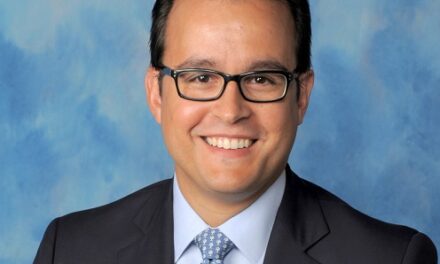 As all Florida businesses large and small realize that their workers’ compensation premiums have increased almost 15% as of December 1, 2016, most of them remain completely unaware that this increase is only the beginning of additional increases if the Florida legislature does not take action this session to alleviate the effects of the Florida Supreme Court decisions that were handed down in 2016.
As all Florida businesses large and small realize that their workers’ compensation premiums have increased almost 15% as of December 1, 2016, most of them remain completely unaware that this increase is only the beginning of additional increases if the Florida legislature does not take action this session to alleviate the effects of the Florida Supreme Court decisions that were handed down in 2016.
Business groups including Associated Industries of Florida (AIF) and the National Federation of Independent Business have formed the Florida Workers’ Compensation Strategic Task Force to seek input from the general public, as well as businesses. Recently, Associated Industries attorney Jim McConnaughhay provided some updated statistics from the Florida Senate Banking and Insurance Committee that appears to confirm that the concerns from the business community and general public appear to be warranted. Mr. McConnaughhay indicated the following cost impact to the workers’ compensation system after the Florida Supreme Court decisions in 2016.
• Premium costs have increased by an average of 14.5%
• Claims for benefits filed by attorneys have increased by over 20%
• There is an estimated $1 billion in unfunded liability on the insurance industry
• The average attorney fee prior to the Florida Supreme Court decisions was $4,095. After the decisions, the average has increased up to $4,978. A total of $15,600,000 in additional attorney fees has been paid since these decisions.
• Florida moved up from 33rd to 23rd on the list of most-expensive states for workers’ compensation costs. (1)
The task force has proposed multiple changes to the insurance committee, including a change in the way attorney fees are paid. The proposal would eliminate limits on attorney fees, but the injured employee, rather than the employer or insurance carrier, would pay the fees, similar to other areas of our legal system. Not surprisingly, this was met with criticism from the plaintiff bar, otherwise known as the Florida Justice Association (FJA). The FJA contends that this is simply the insurance industry attempting to justify rate increases, which does not seem to make much sense since the proposals are designed to lower rates. The FJA fails to mention the impact unlimited attorney fees have on the system. We intend to follow this process closely to see what, if anything, the legislature can get done over the coming weeks.



























